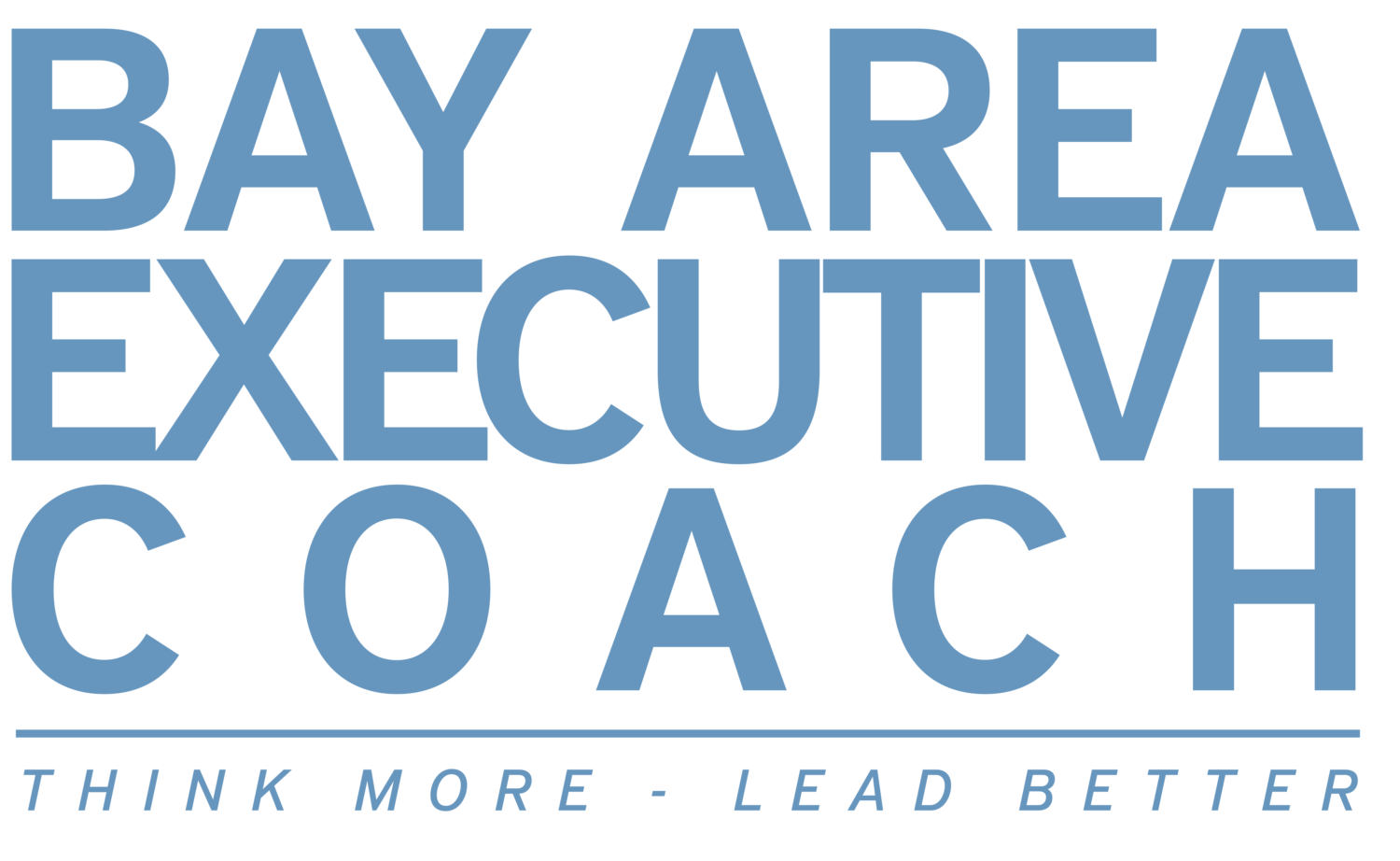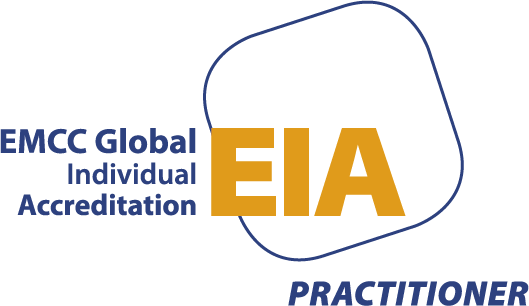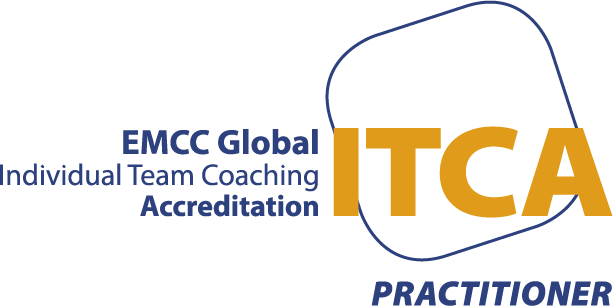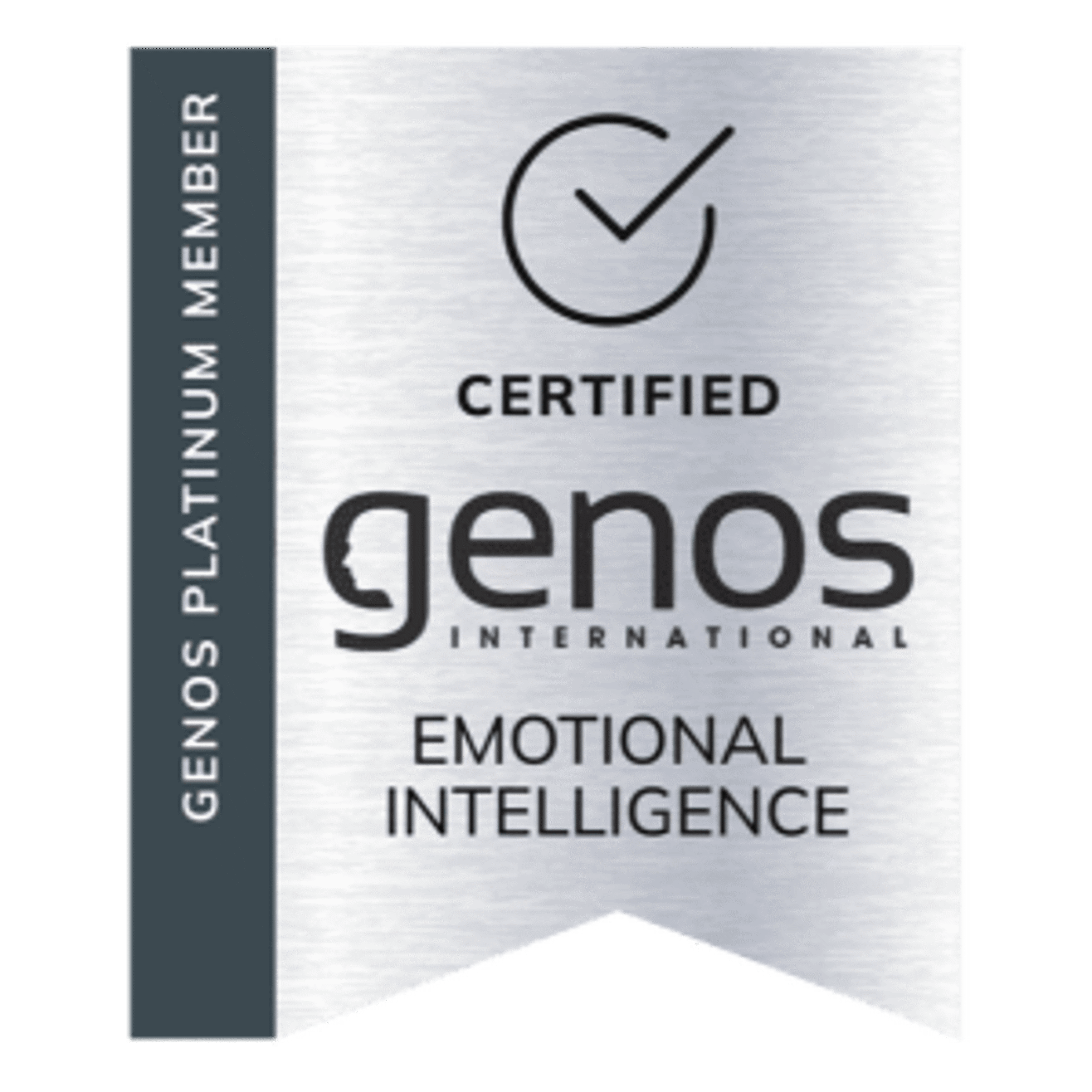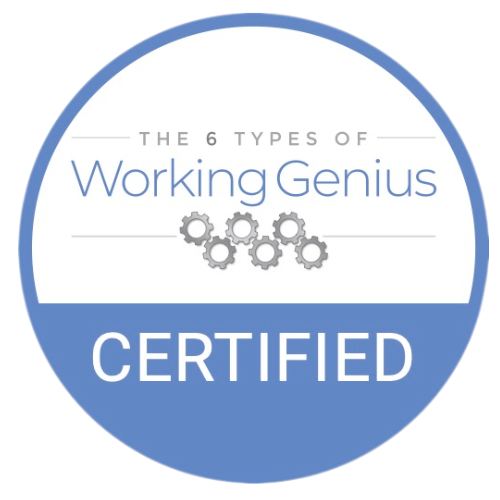Now we would like to list some of the important tangible benefits companies and leaders achieve by applying EI principles to their business cultures.
1 – Better Teamwork
Managers with high levels of EI communicate better with team members than those who are not in tune with their emotional intelligence. They’re better able to share ideas and are open to others’ ideas. They’re less likely to “run the show” on their own without thinking of others first.
Employees are more likely to trust their managers and value their ideas and input. They are respectful and thoughtful as the group works together. This is an ideal situation for any manager or company.
2 – Better Morale
Boosted morale is another key benefit of EI in the workplace. Company culture is bound to be much stronger when the staff gets along and respects each other using EI skills. Not only will staff members enjoy the work they are doing, they’ll also enjoy the people with whom they do it with.
Managers will see this reflected in other areas of the business as well, such as customer service, where positive customer service results in happy customers and repeat business. Better morale means better business results, simple as that.
3- Increased Flexibility and Ability to Embrace Change 
Most people struggle with change. Although management and employees likely know that change is inevitable for any organization and industry, they don’t always welcome it with open arms.
However, an EI-conscious business culture is better able to handle change through its emphasis on respect for all, self-control, and self-awareness. Initial negative feelings about change can evolve into positive feelings when high morale and solid teamwork are positioned at the forefront. EI also tends to make one more resilient, which can make for an easier transition during the change process.
4 – Expressed Compassion and Empathy
One of the greatest benefits of emotional intelligence, both within the workplace and in one’s personal life, is the ability to maintain and display compassion and empathy for others. These qualities allow a person to connect with other people on an emotional level, for greater understanding and recognition of the emotions we all share. By displaying compassion and empathy, managers can improve the morale and overall reputation of the company. This can be a great benefit to an employer when addressing the needs of employees, and clients too.
5 – Improved Time Management
Deadlines are a fact of life in most industries, and companies can thrive or wither depending on how well they manage their time to meet deadlines. One of the greatest benefits of EI in the workplace is that it downplays the tendency of some managers to micromanage their employees. When the EI values of trust, authenticity, and transparency are instilled into the workplace, workers are more inclined to assume personal responsibility for their efforts, and that includes using their time more efficiently to meet deadlines. When people are made to feel trustworthy and valued at work, they generally respond with better workplace performance.
6 – Improved Motivation
Emotionally Intelligent people are typically optimistic in their outlook and work towards goals, whether personal, professional or both. Such people have a growth mindset and they persevere no matter the obstacles they face. When you get such a group together, it may be the case that motivation goes up to reach ambitious stretch goals.
7 – Improved Self-Awareness and Ability to Respond Well to Feedback 
One of the most practical benefits of EIi is how it helps people understand and accept their own strengths and weaknesses. As a result, these people are able to take feedback and use it in a positive way to improve and grow.
Managers often run into defensiveness when offering constructive feedback to an employee. This can cause frustration and dips in productivity. Employees with high emotional intelligence can learn from constructive criticism as well as hone awareness of their limitations and growth potentials.
This openness to feedback can create an environment that encourages growth and development through the sharing of feedback delivered in an emotionally intelligent way.
8 – Improved Self Control
People with high levels of emotional intelligence know how to handle tough situations.People with high EI understand that acting in a negative, provocative, or irrational way will only escalate a situation unnecessarily. EI helps people to more easily practice restraint and reveal their emotions only when it’s appropriate (and even then, do so in a controlled manner.)
When someone is able to refrain from emotional outbursts and remain calm in stressful situations like these, the outcome is better for all concerned.
Benefits Supported by Research
By practicing emotional intelligence on a consistent basis, managers and team members can work more harmoniously together to garner all the benefits of an EI-centered culture. And that effort needn’t be oppressive or heavy handed. With EI in the mix daily, an organization can truly thrive and be a rewarding and encouraging place to work.
These statements are supported by scholarly research and in-depth field testing of managers and employees using carefully designed testing tools.
Travis Bradberry, coauthor of the bestselling Emotional Intelligence 2.0, noted in his book:
“How much of an impact does emotional intelligence have on your professional success? The short answer is: a lot! It’s a powerful way to focus your energy in one direction with a tremendous result. TalentSmart tested emotional intelligence alongside 33 other important workplace skills, and found that emotional intelligence is the strongest predictor of performance, explaining a full 58% of success in all types of jobs.”
Other research collated by the Institute for Health and Human Performance shows:
- More than 80% of competencies that differentiate top performers belong in the domain of EI.
- Companies whose executives exhibit high levels of EI increase their chances of being highly profitable.
- After a Motorola manufacturing site implemented stress management and EI training, employee productivity improved by 93%.
Conduct your own Google search on the topic of: “Research Supporting the Benefits of EI in the Workplace” and you’ll uncover a large body of eye-opening work in this field.
“Transparency” within the business environment is receiving a lot of attention these days. On the surface it sounds like an appealing concept. Company employees by and large expect transparency from their leadership, but what does being “transparent” in business really mean? Read our article on The Benefits of Maintaining Transparency in the Workplace!
•••
If you’d like to learn more about our training programs for emotional intelligence, click here. We also offer assessments to help you determine how well a person is currently exhibiting emotional intelligence. Learn more about these assessments here. We also have a free downloadable ebook, “How to Lead with Emotional Intelligence”, and a guide called “8 Signs You Need Emotional Intelligence Coaching”. If you’re curious about how to employ emotional intelligence at work, read our case study.
Watch our video about leadership assessment for emotional intelligence:
Featured photo is from ©geralt via Pixabay. Secondary photo is from ©cottonbro studio via Pexels.
